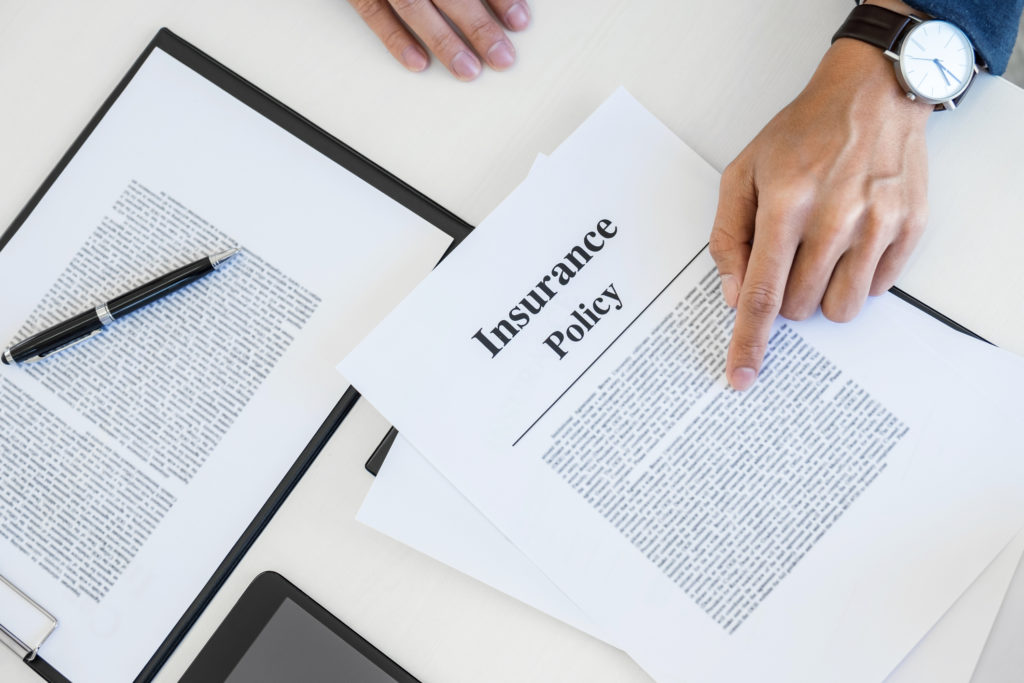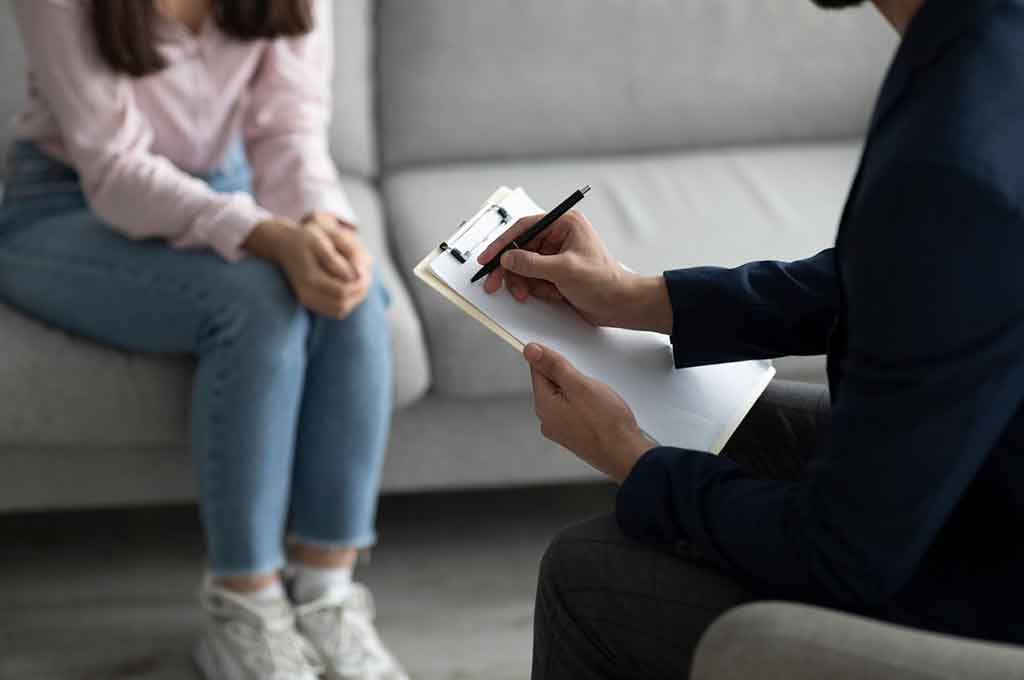
How Common is PTSD in Australia?
PTSD in Australia affects around 1-2% of adults each year. This adds up to about 12% of Australians dealing with PTSD in their lifetime according to the Australia Bureau of Statistics. This means it’s common enough to affect many people you know even if it might not be talked about.
What is Post-Traumatic Stress Disorder?
Post-Traumatic Stress Disorder (PTSD) is a psychiatric condition which occurs after experiencing or witnessing a distressing event. Due to the nature of this condition, there are a wide range of reasons a person may suffer from PTSD, and sometimes the disorder can start some time after the traumatic event. Other times, a person who goes through a traumatic event will suffer from PTSD straight after and will have trouble adjusting back to everyday life.
Some events that more commonly cause PTSD include:
- Having exposure to a triggering conflict such as combat (ex-military personnel)
- Childhood abuse
- Violence
- Physical assault
- Being threatened
- An accident
PTSD varies between patients of all ages, however some risk factors may impact the severity of a person’s PTSD. This may include how long the trauma lasted for, or if you experienced this trauma earlier in life, if you are in a job which increases your likelihood of being exposed to trauma, if you have other mental health conditions or suffer from substance abuse.
What symptoms do Australians with PTSD live with?
Australians suffering from PTSD may have symptoms start as early as a few weeks to a month after the traumatic event, however, as mentioned, it can sometimes also take up to years after the event to suffer from PTSD. PTSD extremely impacts your everyday life and can cause problems not only going to work and holding down a job, but can also affect your social life and family/friendships. If you are unable to attend work, or are struggling to tend to your everyday routine and tasks, then you may be eligible for TPD compensation.
According to Health Direct, Government health advice, PTSD can be categorised into four different types:
Intrusive memories
- Unwanted distressing memories of the event
- Reliving a traumatic event through flashbacks
- Distressing dreams and nightmares about the event
- Emotional distress or physical reactions when reminded of the event
Avoidance
- Actively avoiding or thinking about the event
- Avoiding places and people who remind you of the event
Negative changes in thinking and mood
- Negative thoughts about yourself or outlook on others
- Feeling hopeless about your future
- Having issues with memory including not remembering parts of the event
- Issues with your close relationships (family and friends)
- Lacking enjoyment from activities that once brought joy
Changes in physical and emotional reactions
- Getting easily startled or frightened
- Anxious about being on alert for danger
- Self Destructive behaviour
- Guilt or shame
- Aggressive or angry outbursts
- Having issues sleeping
Of course, symptoms can vary over time or vary from person to person.
If this article has brought up any triggers for you, please visit Head to Health for trusted phone and online mental health resources and to consult a medical professional.
What help is available for Post-Traumatic Stress Disorder in Australia?
PTSD has a range of treatments and again, this will vary on severity and on the person. It can be a lifelong journey but you should know there is support and help out there. If you know someone battling PTSD, they should chat with their local GP or mental health practitioner to find the best mental health care for life after a traumatic event.
If you suffer from PTSD, you may be eligible for various funding, including a TPD Claim. Super Claims Assist can help explain TPD insurance and if you may be eligible for this through your super fund. We can help you – no win, no fee.
Australians with PTSD are usually eligible for financial help through TPD Claims
Claiming TPD is an easy process with Super Claims Assist. In just four steps, we can start your claim. Our team helps people win mental health and PTSD TPD claims all around Australia. We handle the entire claims process by phone! Our team is on standby to schedule a free call with you as soon as possible, so we can help you with your PTSD claims journey.
We understand the stress that comes with a permanent disability or illness, making you unable to go to work. Let us help ease the burden.
Learn about PTSD in Australia

PTSD TPD Claims in Australia
Learn about financial help through PTSD claims in Australia


